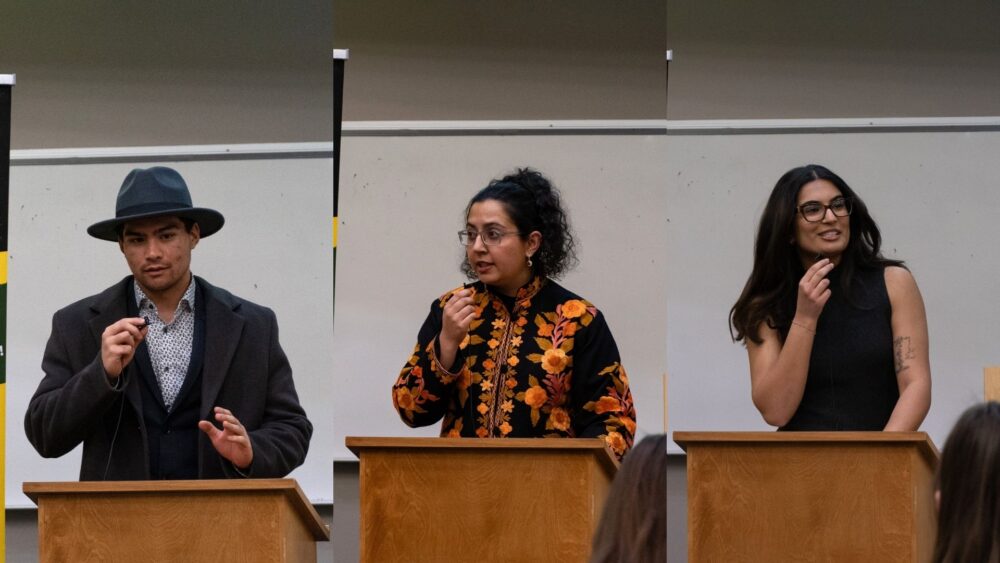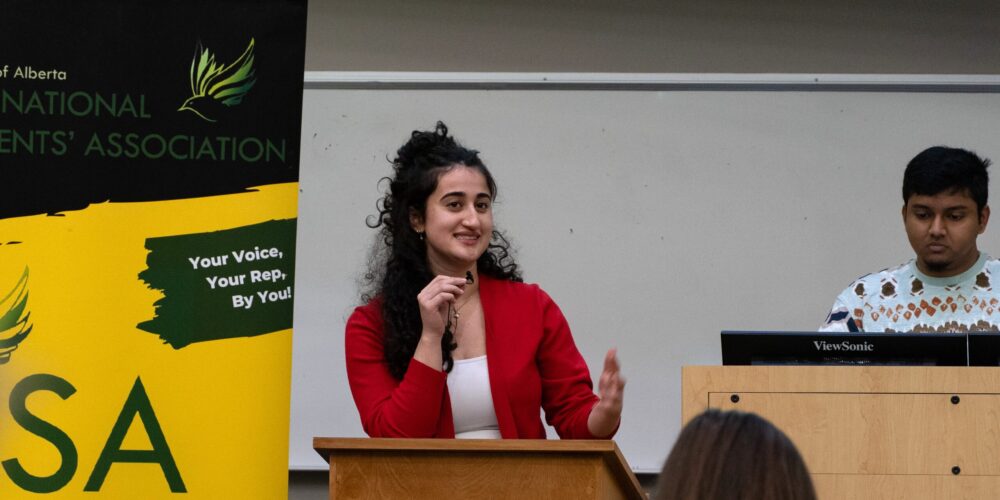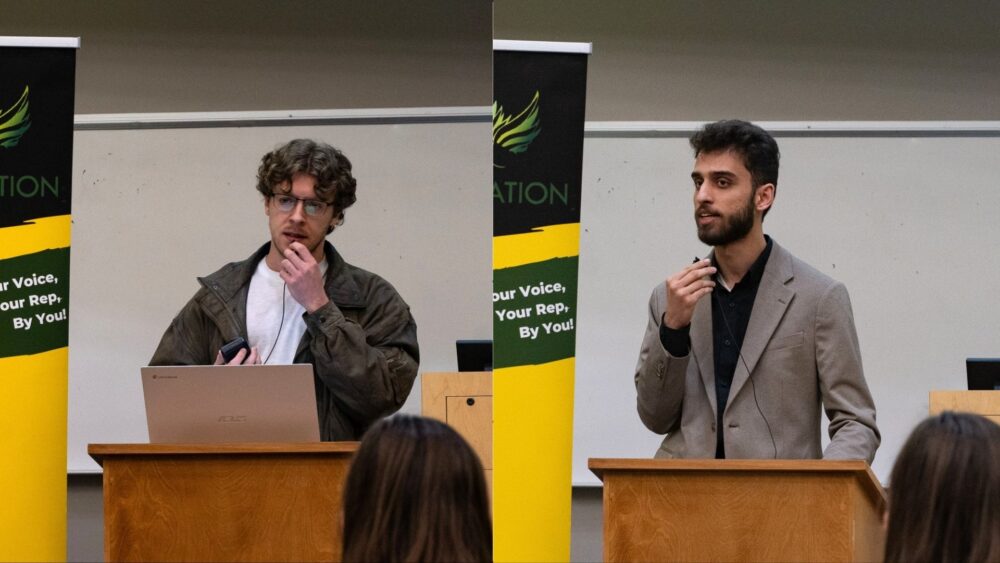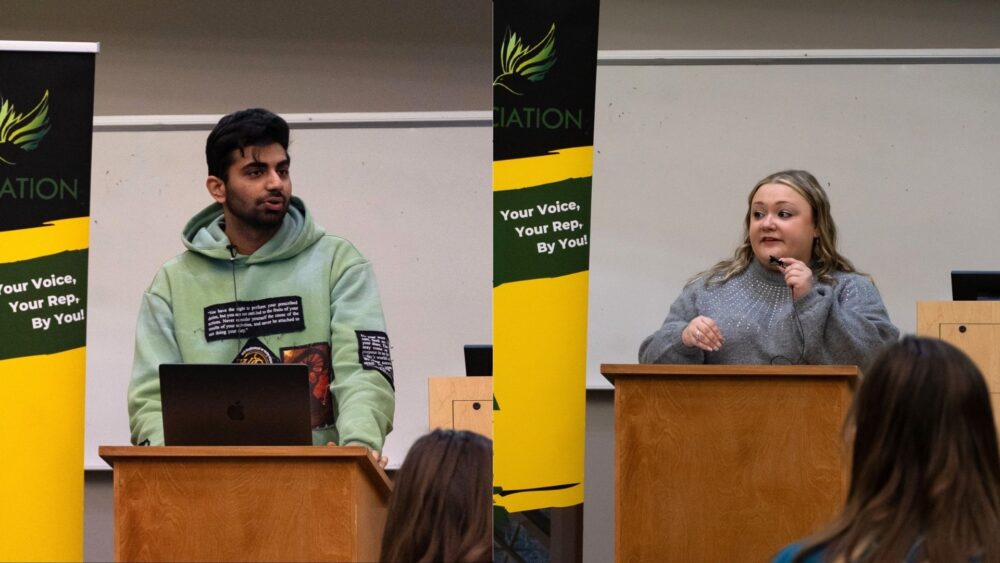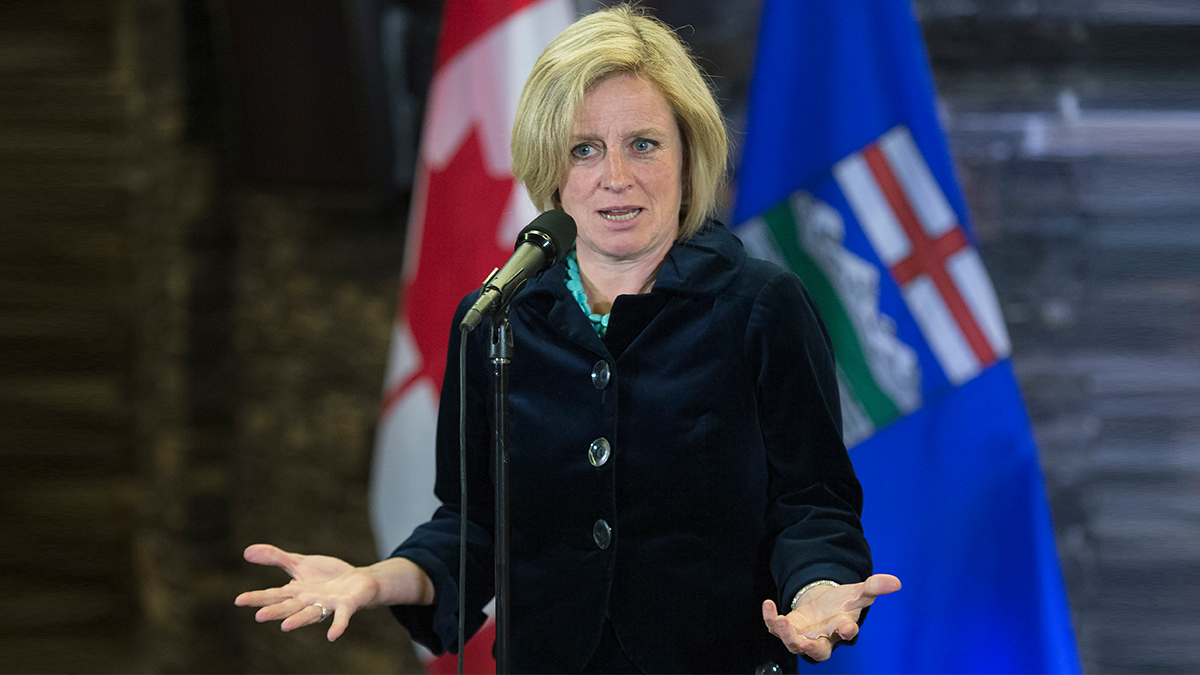 Supplied
SuppliedWhile an apology is a large step in the right direction, time will only tell if the Alberta government will actually move further towards reconciliation.
The Alberta government’s apology comes in the wake of a recent $875 million settlement for Sixties Scoop survivors from the federal government, as well as an apology from the Manitoba legislature in 2015.
Speaking to the legislature, Notley mentioned how the Scoop was a manifestation of colonial practices, drawing a systemic line from the event itself to the policies of today. This is important as the Scoop wasn’t an isolated historical incident: it was a manifestation of Eurocentric ways of thinking that still continue today, embedded within our government institutions.
There’s truth to Notley’s statement: if we look at the data, the Scoop really hasn’t ended: in 2016, Indigenous children made up 52.2 per cent of children aged 0-14 in foster care in Canada, despite only making up 7.7 per cent of children aged 0-14 in Canada.
The apology, however, lacked something critical: tangible policy promises. Notely’s only promise was the inclusion of Indigenous perspectives in future discussions in order to “find a path towards true reconciliation.” The NDP has made some progress in this arena through their Sixties Scoop apology engagement that informed the apology made in the legislature, building a degree of trust between the government and Indigenous Albertans.
These apologies are certainly vital for creating a reconciliation-friendly environment; however, I’m doubtful the provincial government will take any further steps beyond this apology.
Let’s examine the federal government’s track record. Prime Minister Justin Trudeau, on behalf of the Canadian state, apologized to residential school survivors in Newfoundland and Labrador, bolstering the apology made by Stephen Harper in 2008. Trudeau employed similar rhetoric to Notley, noting Canada’s colonial legacy and a desire for the state and Indigenous peoples to move together towards reconciliation.
The most recent Auditor General’s report, however, slammed the federal government for inadequately measuring and reporting on socio-economic gaps on First Nation reserves, as well as failing to prove that an employment program for Indigenous peoples is actually increasing employment rates.
The federal government’s failures demonstrate something important: symbolic recognition through apologies and settlements only solve so much. More often than not they serve as a way for governments to earn brownie points while substantial problems go unchecked.
Some communities have taken matters into their own hands. The Atlantic First Nations Water Authority, a fully Indigenous owned and operated waste-and-drinking-water management system, is beginning to come to fruition after continued failure by the federal government to provide clean water in Atlantic Indigenous communities. Initiatives like these work on their own to break free from the colonial system on their own, no reconciliation required. Perhaps these are the kinds of decolonizing measures we as a nation should be taking, instead of focusing on the empty promises of reconciliation.
Words and symbolic gestures, while serving their purpose, don’t actually solve issues. They’re first steps, perhaps, toward something greater, but until there’s tangibility of what that something is, I’m going to remain pessimistic.

